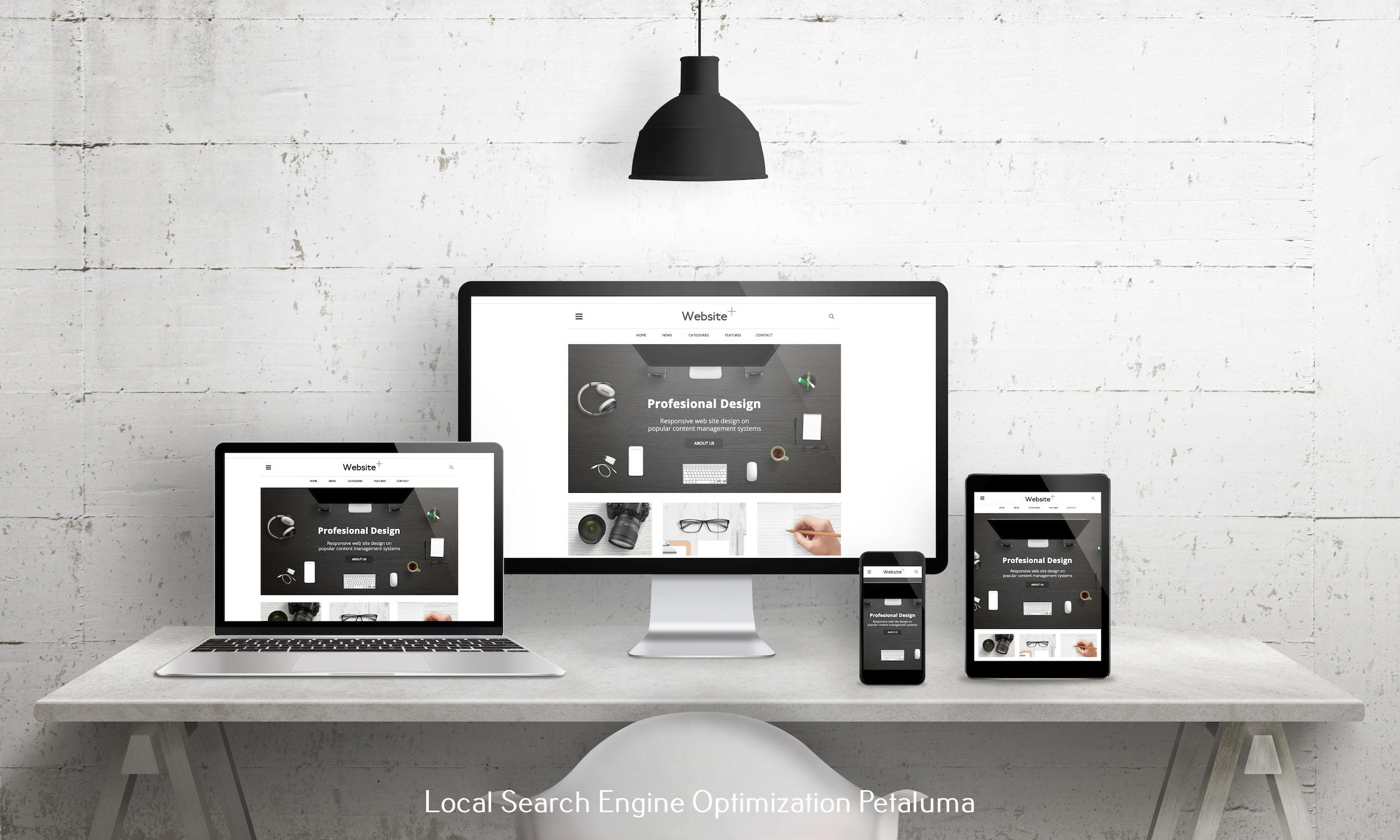As business owners in the competitive world of digital marketing, it's important to constantly look for ways to improve and optimize our strategies. One powerful tool that often gets overlooked is keyword tracking. In this article, we'll explore the benefits of leveraging SEO analytics for content optimization and how it can help drive success for your business.
Understanding Keyword Tracking
Before we dive into the power of keyword tracking, let's first define what it is. Keyword tracking is the process of monitoring and analyzing how well certain keywords perform on search engines. This data allows marketers to see which keywords are driving traffic to their website and how they are ranking in search results.
Why Keyword Tracking Matters
Simply put, keyword tracking matters because it helps businesses understand what their target audience is searching for and how they can better tailor their content to meet those needs. By identifying high-performing keywords, businesses can create more targeted and relevant content that will attract potential customers.
Additionally, keyword tracking allows businesses to stay on top of industry trends and changes in search engine algorithms. This information can be used to adjust strategies and ensure that content stays relevant and optimized.
Leveraging SEO Analytics for Content Optimization
Now that we understand the importance of keyword tracking, let's look at how SEO analytics can be used to optimize content.
1. Identify Top Performing Keywords
The first step in leveraging SEO analytics is identifying which keywords are performing well for your business. This can be done through tools such as Google Analytics or SEMrush which provide valuable insights on keyword performance.
Once you have identified your top performing keywords, you can use them strategically in your content by including them in titles, headings, meta descriptions, and throughout the body of your content.
2. Analyze Competitor Keywords
Another benefit of using SEO analytics is being able to analyze competitor keywords. By understanding what keywords your competitors are using and how they are performing, you can gain insight into areas where you may need to improve or differentiate your content.
3. Monitor Keyword Rankings
Keyword tracking also allows businesses to monitor their keyword rankings over time. This helps identify any fluctuations and allows for adjustments to be made to ensure that keywords continue to perform well.
4. Create Relevant Content
With the insights gained from keyword tracking, businesses can create more relevant and targeted content. By understanding what your audience is searching for, you can provide them with valuable information that will help drive traffic to your website and ultimately lead to conversions.
5. Optimize Existing Content
SEO analytics not only helps with creating new content but also optimizing existing content. By identifying underperforming keywords, businesses can make changes to their existing content to improve its ranking and visibility.
Final Thoughts
In the fast-paced world of digital marketing, it's crucial for businesses to stay ahead of the competition by constantly improving their strategies. Keyword tracking is a powerful tool that can provide valuable insights and help optimize content for better performance on search engines.
By leveraging SEO analytics for content optimization, businesses can identify top performing keywords, analyze competitor strategies, monitor keyword rankings, create relevant content, and optimize existing content. This ultimately leads to increased website traffic, improved search engine rankings, and more conversions.
So don't overlook the power of keyword tracking in your digital marketing efforts – it could be the key to driving success for your business in North Bay or Mill Valley!





































0 Comments